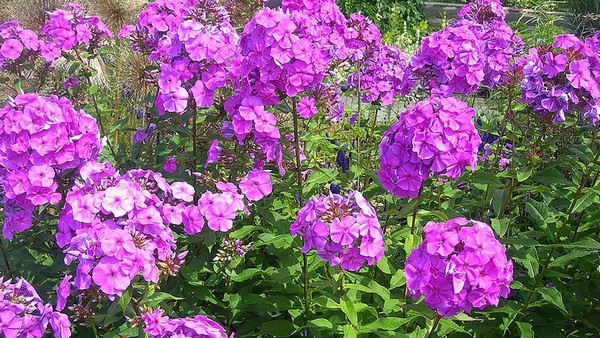In its ideal form, sustainability addresses the demands of people, the planet, and prosperity. But how that plays out on an individual or business level can be tricky to define.
The Cognitive Behavioral Lab in horticultural sciences is answering a call from many growers, suppliers, and retailers in the floral industry who would like to be more sustainable but may not know the best way to move their businesses forward. While there are lessons to be learned from other agricultural areas, the lab’s aim is to gather the best available information and conduct new studies in areas where knowledge is lacking. The research takes an interdisciplinary approach that requires knowledge of life sciences, sociology methods, economics, and business.

And for lab members, sustainability has personal meaning, too.
“As an individual, thinking and talking about sustainability encourages me to evaluate how I am personally using resources and creating waste,” says Amanda Solliday, a doctoral student with the Cognitive Behavioral Lab. “That’s an important mental exercise for everyone who lives on a shared planet.”
Solliday is working with North Carolina State University’s Department of Horticultural Science Professor Brian Jackson, Assistant Professor Melinda Knuth, and the American Floral Endowment to develop practical sustainability guides for the floral industry. Drawing on Solliday’s professional experiences with laboratory science and research communications, she will utilize various methods to measure greenhouse gas emissions, collect data through horticultural industry surveys and collect plant sale inventories.
According to a 2022 greenhouse grower survey, 38% plan to expand their annuals production compared to 41% that plan to maintain their current levels of production. And with a $1,584 million wholesale value of sales in 2020, there is room to significantly impact the sustainability of annual bedding plants, garden plants, and the supply chain.
Debasish Paul, also a doctoral student with the Cognitive Behavioral Lab, is researching the sustainability of the United States annual bedding plant supply chain and its numerous factors. Currently, there is not much information or research on the existing bedding plants’ supply chain, and few recommended sustainable practices.
Paul’s research will analyze supply chain actors, their roles, factors affecting the chain, and SWOT (strength, weakness, opportunities, and threats). Additionally, an annual bedding plant grower model will be developed based on the factors affecting the supply chain, and a sustainability report will be created with a model on how to apply the research to their nursery business.
“This research will generate the factors affecting the annual bedding plant supply chain sustainability at different stages. The sustainability model will be helpful to understand sustainability with scoring so that stakeholders can act on it to improve their scores,” Paul says. “Moreover, the recommendations at the end of the research will be presented in a Theory of Change model. This model will tell the stakeholders in the chain how these recommendations will create outcomes through specific tasks and will create an impact on the sustainability of the chain.”
Source: cals.ncsu.edu
